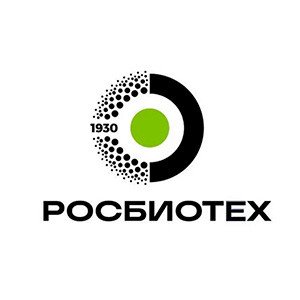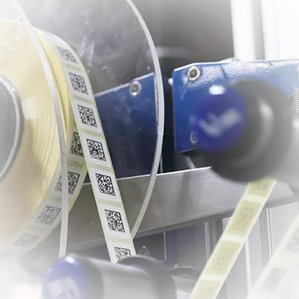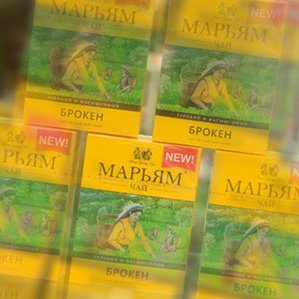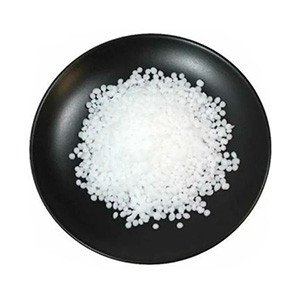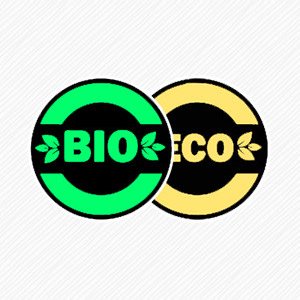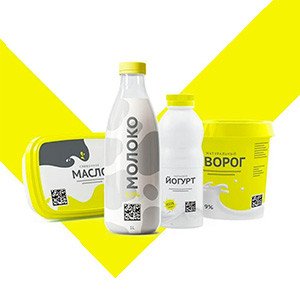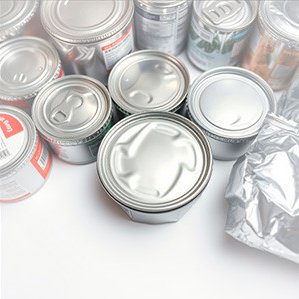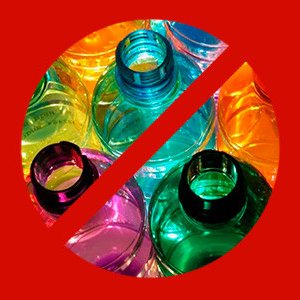The Ural Federal University (UrFU) named after the first President of Russia, B. N. Yeltsin, is launching an ambitious research project to develop a new generation of biodegradable packaging. The uniqueness of the future materials lies in the use of plant extracts with natural antimicrobial and antioxidant properties: curcumin, rosemary, pomegranate peel, betulin, capsaicin, and other natural compounds will serve as the basis for this innovative packaging for food products.
In addition to UrFU, the project involves the Vavilov N.I. Saratov State University of Genetics, Biotechnology, and Engineering, the Indian Sanjivani University (Kopargaon), and an industrial partner from Yekaterinburg.
What is "Active" Packaging and Why Do We Need It?
The biodegradable materials being developed represent active packaging — a special type of packaging that not only protects the product but also interacts with it: extending shelf life, preventing the growth of pathogens, and slowing oxidation. Researchers at Ural Federal University (UrFU) plan to create biodegradable films and coatings based on nanoemulsions and nanogels containing active plant components.
As project leader Elena Kovalyeva, head of UrFU’s Laboratory of Biotransformation Technologies and Food Chemistry, explains, the packaging will undergo strict testing for environmental safety, stability, antimicrobial activity, and food contact suitability.
"Our goal is to create functional packaging materials with prolonged action that will serve as an eco-friendly and healthier alternative to existing organic coatings," says Kovalyeva.
Green Chemistry and Secondary Raw Materials Are a Priority
Scientists plan to extract the bioactive substances for the packaging from plant-based raw materials and food industry waste — including birch bark (betulin), pomegranate peel, turmeric, rosemary, and red pepper. The extraction process will follow the principles of green chemistry, using environmentally friendly methods such as natural deep eutectic solvents (NADES), ultrasound, microwave, and supercritical technologies.
This type of packaging could be used in both industrial and retail food sectors — for example, in packaging meat products, fruits, dairy products, or ready-made meals. Scientists also hope the development will attract international partners, particularly in the Indian market.
Scientific Foundations: From Chlorella to Anti-Cancer Compounds
This project continues over five years of scientific work by UrFU in the fields of biotechnology and functional nutrition. University researchers have actively studied bioactive compounds derived from plant sources and food industry by-products.
In 2019, they developed a chlorella-based supplement to reduce the toxic effects of alcohol.
In 2020, they created yogurts and cheeses with antioxidant properties.
In 2022, they discovered the potential of isoflavonoids found in soy molasses and kudzu roots in fighting cancer.
In 2024, they confirmed the anti-diabetic effects of betulin — a natural compound from birch bark.
A Foundation for the Future
UrFU ranks among Russia's leading universities and actively participates in the national project “Youth and Children,” as well as the “Priority-2030” program. As part of its mission, the university develops the Ural Interregional Research and Education Center of World Level, where advanced manufacturing technologies and materials are being researched.
The new project on developing bioactive packaging demonstrates how science can address current global challenges — from sustainable production to food security and environmental protection. And if everything goes according to plan, in the coming years consumers in Russia and abroad will see not only eco-friendly but also functional packaging — created by Russian scientists.
Source: NEWS-ASIA




